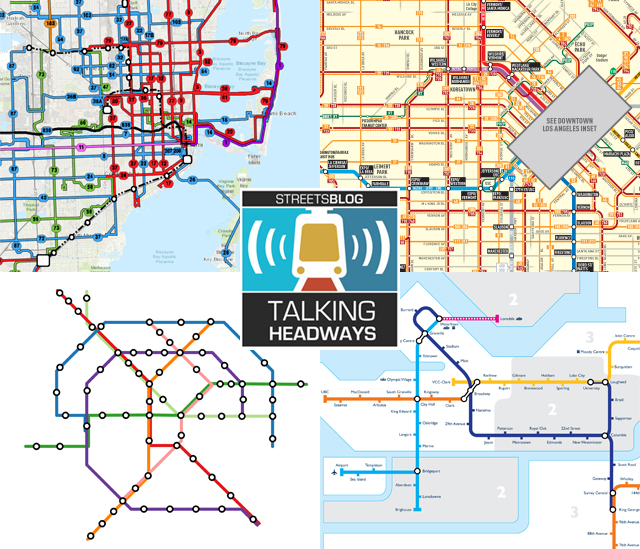This week we’re joined by legendary University of Iowa law professor Greg Shill and University of Michigan urban planning professor Jonathan Levine to talk about their new paper, "First Principles in Transportation Law and Policy." In this exhilarating conversation, we talk about how to rethink transportation metrics towards accessibility, how the law has embedded mobility in transportation, and why we really travel.
A concise summary of the conversation is below (below the audio player), but if you want a full unedited transcript, you need only click here. Or listen below.
Here's the edited excerpt:
Jeff Wood: So one of the things we talk about on the show a lot is access to destinations and how a lot of transportation policy is based on getting people through places rather than to places. You call this the main theme: getting people to places where they want to go. Why is access so important to call out from the start?
Jonathan Levine: It’s about avoiding perverse outcomes. When we judge success with metrics of mobility, things like highway level of service or percent of time spent in congestion, we end up ironically viewing a situation where people spend more time and more money in transportation as a success, as long as that travel is fast. Now that’s really counter to the people’s experience. When you and I think about why we travel, it’s very rarely for the pleasure of movement. It’s almost always to reach a destination. So destinations are right there at the center. So the idea of accessibility-based planning is aligning the procedures and perspectives and metrics of planning with what the average person knows to be the fundamental purpose of transportation.
Greg Shill: I agree with that. Jonathan has another book called "From Mobility to Accessibility," and that was being published around the time that we met and that really opened my eyes to this concept of accessibility, which I think is worth just disambiguating briefly for the audience. This is not accessibility in the kind of ADA sense. It has a familial relationship to that concept in that they’re both about ensuring universal access, but accessibility the way that urban planners talk about it is about ensuring access to destinations.
The last high-speed train I was on topped out of 300 kilometers an hour. And I took a selfie with the LED sign and had a big grin on my face. It’s certainly fun to go fast, but I think it’s important to differentiate that really from the core purpose. I wasn’t on the train for the purpose of going 300 kilometers an hour. For the overwhelming majority of trips, even a Sunday drive is an uncommon phenomenon proportionally to the amount of trips and the distances that are traveled. So it makes sense I think to anchor the conversation in this concept of accessibility.
Jonathan Levine: "Accessibility" brings proximity into the equation. So mobility-based planning gauges the quality of transportation strictly on how easily one can move to a destination. But the problem is that’s a poor metric for indicating how well one can reach one’s destinations because you can have high accessibility even if you can’t move very fast, if your proximity is high, if your destinations are close or alternatively your destinations can be far away and you can move fast, but you still have low accessibility. So it’s really only accessibility that gauges the value of the transportation and land use system to people.






